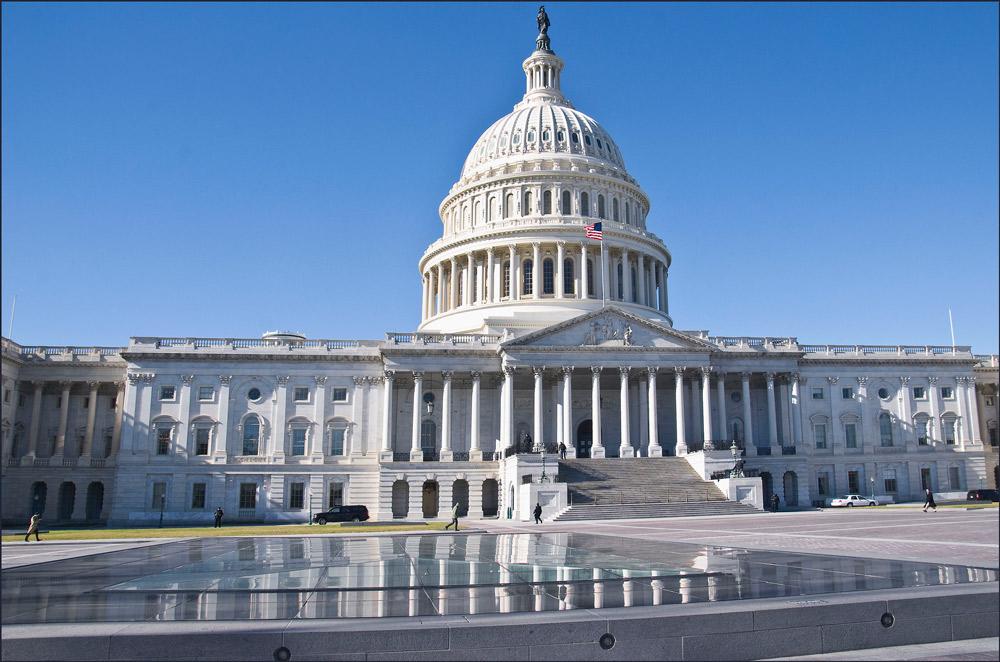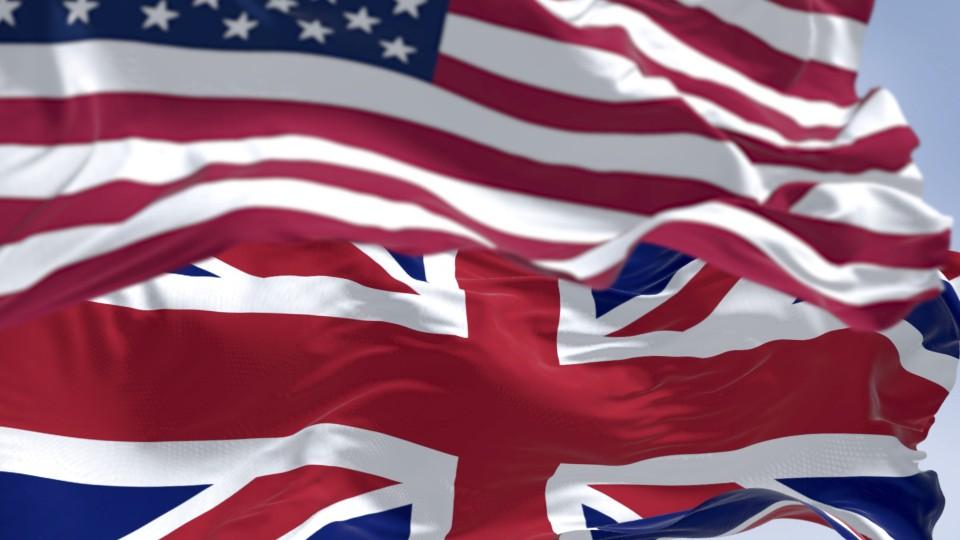As election year looms, Democrats lever drug pricing bill through House

The US House of Representatives passed a bill that will allow the federal government to negotiate drug prices, despite resistance from Republicans and revolt in the Democrat ranks.
The HR 3 bill – which passed by 230 votes to 192 – would allow the government to negotiate lower prices on at least 50 Medicare Part D medicines each year, including insulins, up to a maximum of 250 drugs.
The Department of Health and Human Services (HHS) is currently prohibited from negotiating drug prices on behalf of Medicare, a Federal scheme providing health insurance for the elderly.
Crucially, HR 3 would also make the lower drug prices negotiated available to Americans with private insurance, not just Medicare beneficiaries.
The bill pegs the maximum negotiated price for the drugs at no more than 1.2 times the average price levied in six reference or ‘index’ countries – namely Australia, Canada, France, Germany, Japan and the UK – and would also limit manufacturers’ leeway when it comes to price increases by demanding rebates on any rises above the rate of inflation.
Democrats claim the bill would reduce federal spending on Medicare Part D by $345 billion between 2023 and 2029.
When it was first released in draft form in September, the bill sparked a fall in pharma company share prices, as they could be forced to reduce prices or face substantial financial penalties or exclusion from the market.
The act is viewed as being pretty much as a tool to arm Democrats as they fight seats in next year’s elections, with little chance of making it into law at the moment as the Republican-led senate will almost certainly decline to take it up.
Meanwhile, President Trump has indicated he will veto the legislation should it ever appear on his desk.
For Democrats, medicine pricing is viewed as a key election battleground given that Trump has failed to make headway on the issue despite championing the cause in the last election and making several policy announcements since then.
With drug pricing an often-cited priority for voters, both parties having much to gain on the issue in the hustings, so political commentators suspect that the chances of a bipartisan deal is unlikely to take place this side of next year’s vote.
Lead Democrat and House Speaker Nancy Pelosi said after the vote that “while Big Pharma companies reap record-breaking profits and multi-billion dollar windfalls from the GOP Tax Scam, 58 million Americans couldn't afford to fill a prescription they needed to stay healthy in the past year.”
“We face a medical, economic and moral crisis that demands we act and that we act boldly,” she asserted.
The passage of the bill comes after months of wrangling within the Democrats’ own ranks which resulted in some last-minute changes to the text in order to muscle it through the vote, including raising the minimum number of drugs up for negotiation from 35 to 50.












